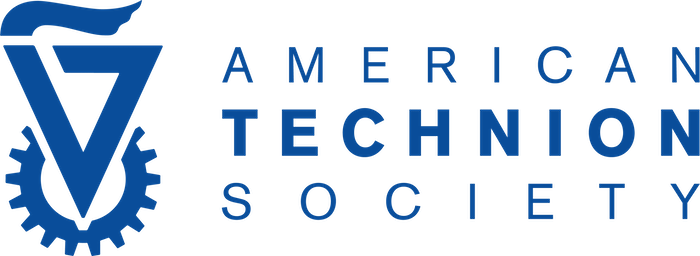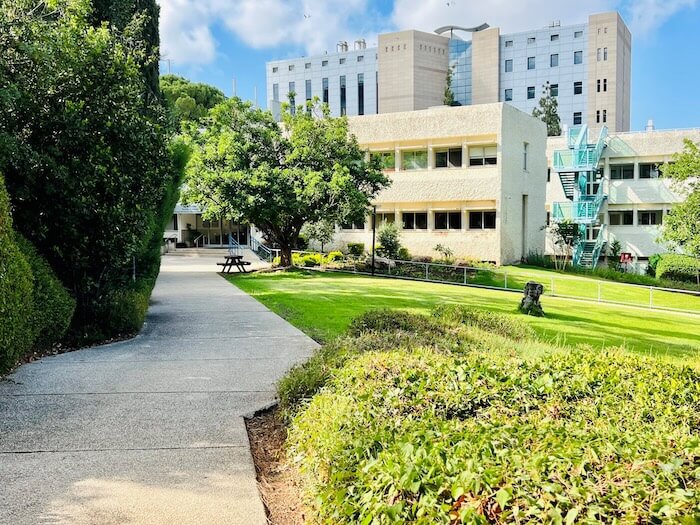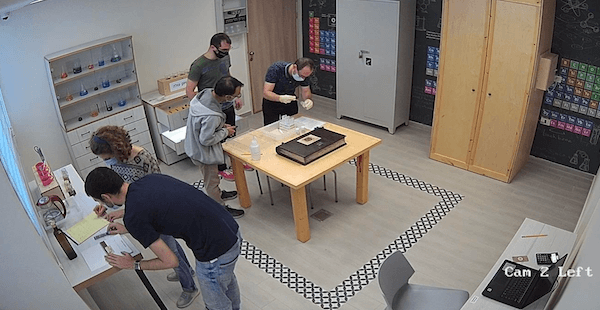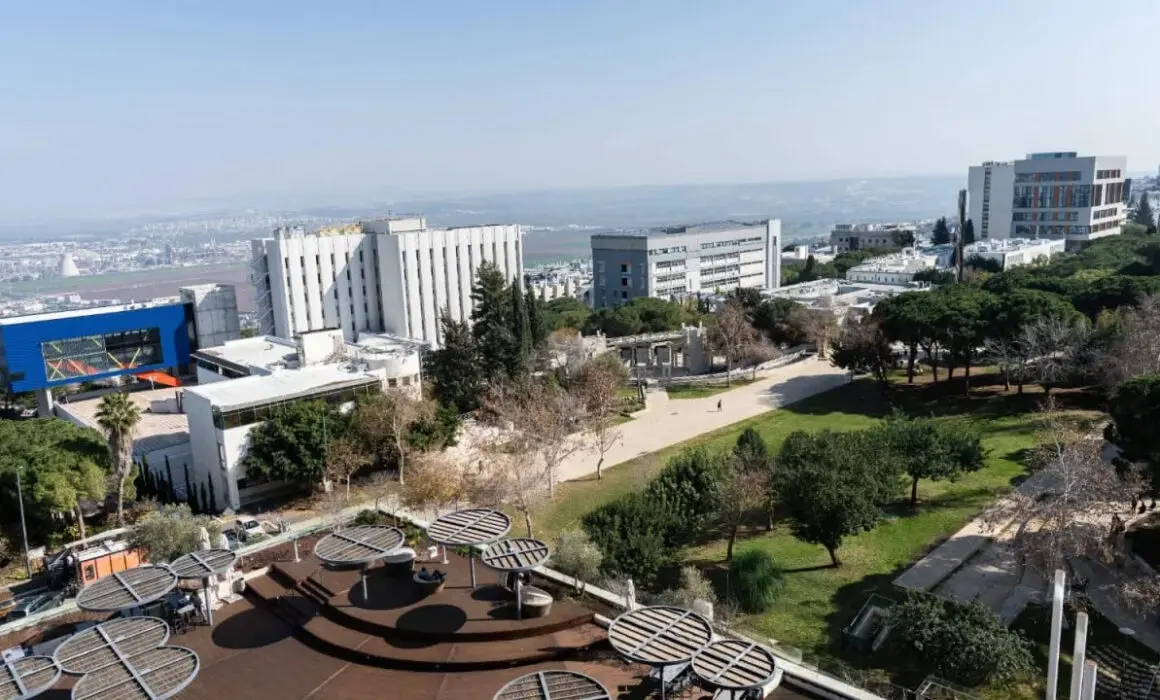Shaping the Future of STEM Education
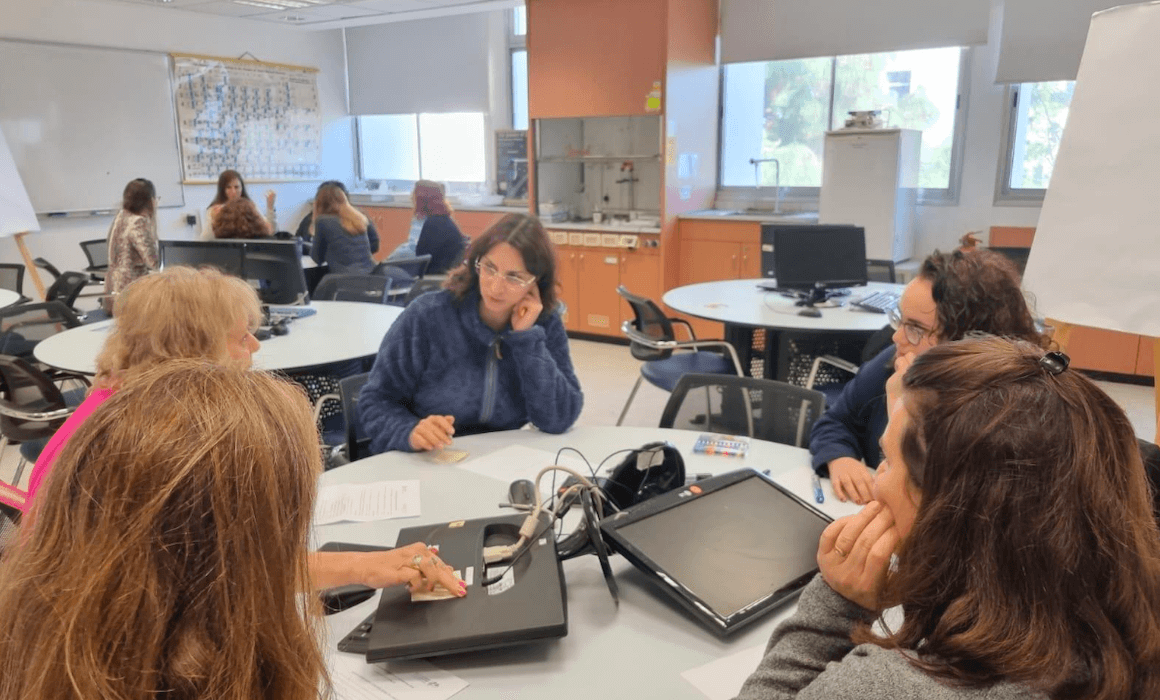
As Israel navigates complex social, economic, and security challenges postwar, one truth continues to become increasingly clear: the nation’s future depends on the strength of its education system. High-quality science, technology, engineering, and mathematics (STEM) education is essential not only for technological innovation but for ensuring economic resilience, workforce readiness, and global competitiveness. At the forefront of this effort stands the Technion Faculty of Education in Science and Technology, a dynamic force shaping the next generation of science and technology educators.
“People are very surprised to hear that there is a Faculty of Education at the Technion,” said Professor Miri Barak, dean of the Faculty. “But our goal has always been clear: to prepare high-quality educators – not just teachers, but educational leaders – who are equipped with the knowledge and skills to promote initiatives in formal and informal education and foster educational resilience.”
Originally founded in 1964 as a department, the Faculty became a full-fledged academic unit in 2015, marking a new era of influence on STEM education in Israel and beyond. Its commitment to both academic excellence and community impact is reflected in the careers of its graduates, who are armed with the skills to teach both in K-12 classroom and beyond. “About 30% go on to teach in schools,” explained Prof. Barak, “while others continue to higher degrees, work as national instructors, or lead science museums and educational initiatives.” One notable alumnus, Dr. Gadi Mador, transformed a struggling neighborhood by founding a top-tier science museum in Hadera.
The Sherman building, home of the Faculty of Education in Science and Technology
By equipping its students with deep scientific knowledge and forward-thinking instructional tools, the Faculty is helping to build an educational infrastructure that supports national resilience and long-term progress.
This mission has since taken on profound urgency. “We have a generation of young children who went through the COVID-19 pandemic and now the ongoing war. The pressing question is: How can we educate them to become resilient learners who pursue excellence in STEM? Our Faculty’s response is to educate teachers and leaders who can cultivate learning environments grounded in innovation, academic excellence, and meaningful societal impact,” Prof. Barak explained.
Students in the Faculty learn from 15 leading researchers and educators whose work spans early childhood to adult learning. Together, they offer seven distinct teaching tracks, including physics, biology, chemistry, computer science, mechanical and electrical engineering, and both middle and high school mathematics. The Faculty’s flagship initiative, the “Views” program, is a post-bachelor track that welcomes students with STEM backgrounds to earn a teaching diploma through an intensive one-day-a-week curriculum paired with school-based practicums.
Research in the Faculty is far-reaching and interdisciplinary. Faculty members conduct studies in areas such as educational neuroscience, artificial intelligence, and science communication. Prof. Barak herself co-leads a project with the University of Oxford to create an ethics curriculum for AI in STEM education. Other standout initiatives include the Chemistry Education Escape Room, where students must solve real chemistry problems to ‘escape’ – an innovative way to study teamwork and critical thinking.
Students in the Chemistry Education Escape Room
The Faculty’s labs are as unique as its mission. In the Mathematics Education Lab, math comes alive through engineering scenarios modeled on the Iron Dome defense system. The People & Plant Lab takes a more introspective route, examining how identity, mobility, agency, and the environment shape our educational experiences. At the Educational Neuroimaging Laboratory, researchers peer into the developing minds of young children to better understand how reading skills take root. The newest addition is the Mindfulness Technologies Lab, a hub for AI and robotics in education, where researchers – including professionals from Intel – explore how to teach and learn computer science through interaction with humanoid robots. In every space, the emphasis is on hands-on, data-driven research that is deeply attuned to how people learn in both everyday and emergency settings.
The Educational Neuroimaging Laboratory
Beyond the Technion campus, the Faculty has taken an active role in addressing social equity and educational access. Through initiatives like the i-MAT project for math and technology, the Winning Code program for students in conflict zones, and massive open online courses (MOOCs) in Hebrew and Arabic, the Faculty is reimagining education for a broader audience. It also leads the “Citizen Lab,” a unique effort to bridge science education and public engagement by involving local communities in collaborative research.
“Our vision is about expanding opportunities in science and engineering and maximizing human capital potential,” Prof. Barak emphasizes. With its focus on research, resilience, and reform, the Technion’s Faculty of Education in Science and Technology is not just educating the next generation of teachers – it’s shaping the future of STEM education itself.
More Visionary Education stories
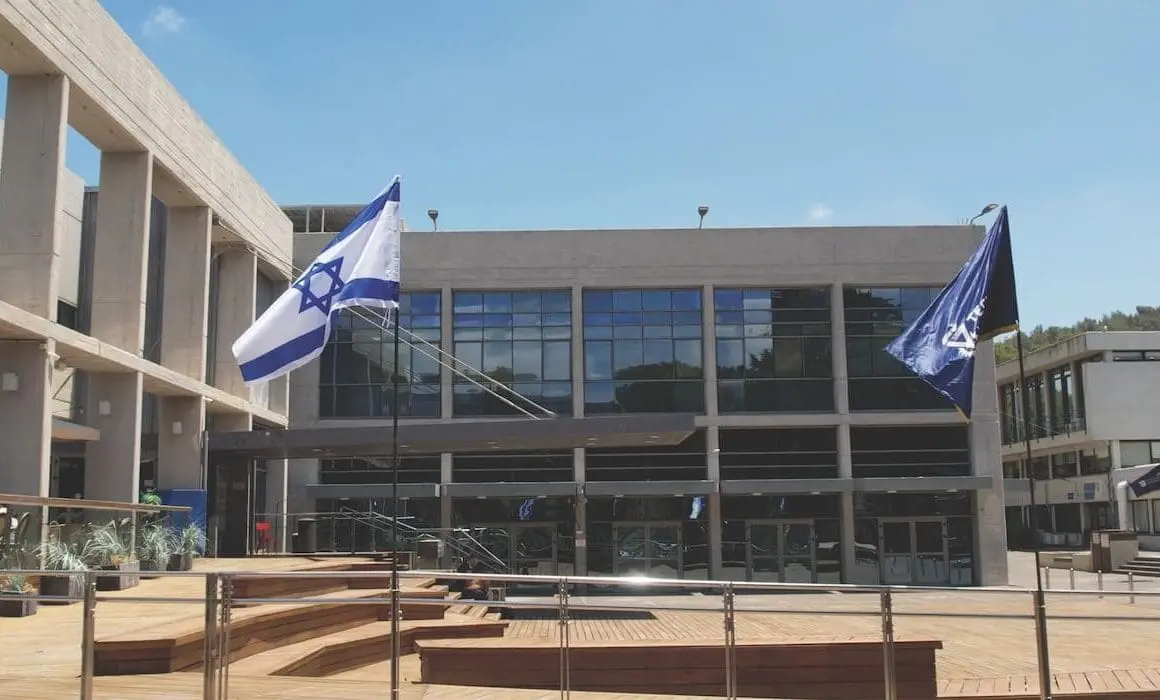
Technion Ranked First in Israel and Europe for Computer Science

Researchers Document Cosmic Rays For the First Time


